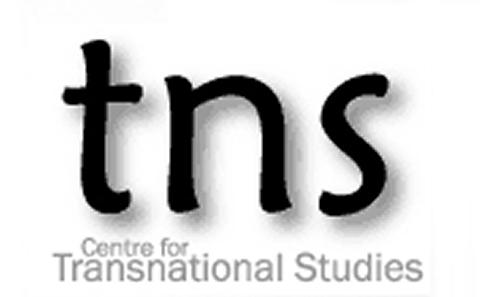'Ethnographic Insights into the Superdiverse Language Context of Belize – Language Indexicalities beyond Ethnicity and their Relevance for Linguistic Theory' Seminar

- Time:
- 17:15
- Date:
- 7 October 2015
- Venue:
- Avenue Campus - 65/LTC
For more information regarding this seminar, please email Prof Ulrike Meinhof at U.H.Meinhof@southampton.ac.uk .
Event details
Part of the annual seminar series for the Centre for Transnational Studies (TNS). Dr Britta Schneider of the Free University, Berlin, will be giving a talk at the first TNS research seminar this semester. She will be presenting findings from her current project in Belize.
''In this presentation, I discuss the multiple indexical meanings of languages in a non-European and multilingual context with strong transnational traditions to study the links between social units and linguistic units in a context where monolingual nationalist ideologies never prevailed. I present ethnographic, interview and conversational data collected in the multi-ethnic nation of Belize to demonstrate the diversity, complexity and ambivalences of language ideologies and language use where these have not been erased by national discourse. Belize has about 300.000 inhabitants; yet it has a very diverse linguistic make-up. Centuries of contact between Amerindian, Carib, Hispanic, West African and Anglophone cultures have brought about cultural heterogeneity and strong degrees of interethnic mixing within families in this small nation. English is the official language, Spanish is demographically dominant and Belizean Creole is the oral lingua franca. Besides, Garifuna, Mopan, Ketchi, Yucatec, German, Lebanese, Hindi, Taiwanese, Cantonese and Mandarin belong to the linguistic repertoire. As virtually all Belizeans grow up speaking at least three languages, languages and cultural groups do not match up in a one-dimensional way. Close transnational ties (mainly to the UK, the US, Jamaica, Honduras, Guatemala and Mexico) and emigration and immigration have further increased the traditional diversity. Belize is thus an ideal context for developing an understanding of symbolic meanings of language choice beyond the confines of national epistemology, which has led to over-simplified notions of ‘multiculturalism’ and under-theorised sociolinguistic concepts.''
Please join us for the seminar and discussion.
Speaker information
Dr Britta Schneider, Freie Universität Berlin. Dr Britta Schneider is a researcher currently working on a project on language ideologies in Belize, where she studies the symbolic functions of language in contexts where ethnic communities and language use do not match in a straightforward manner. Her general research interests are the sociolinguistics of globalisation, language Ideology, transnationalism, language ideologies and music, language policy, linguistic ethnography and the epistemology of language. She has been working in the field since 2004 and, besides various journal articles and book chapters, her publications include Salsa, Language and Transnationalism, an ethnographic study on language ideologies in transnational communities, published with Multilingual Matter in 2014 and Linguistic Human Rights and Migrant Languages – A Comparative Analysis of Migrant Language Education in Great Britain and Germany, published in 2005.